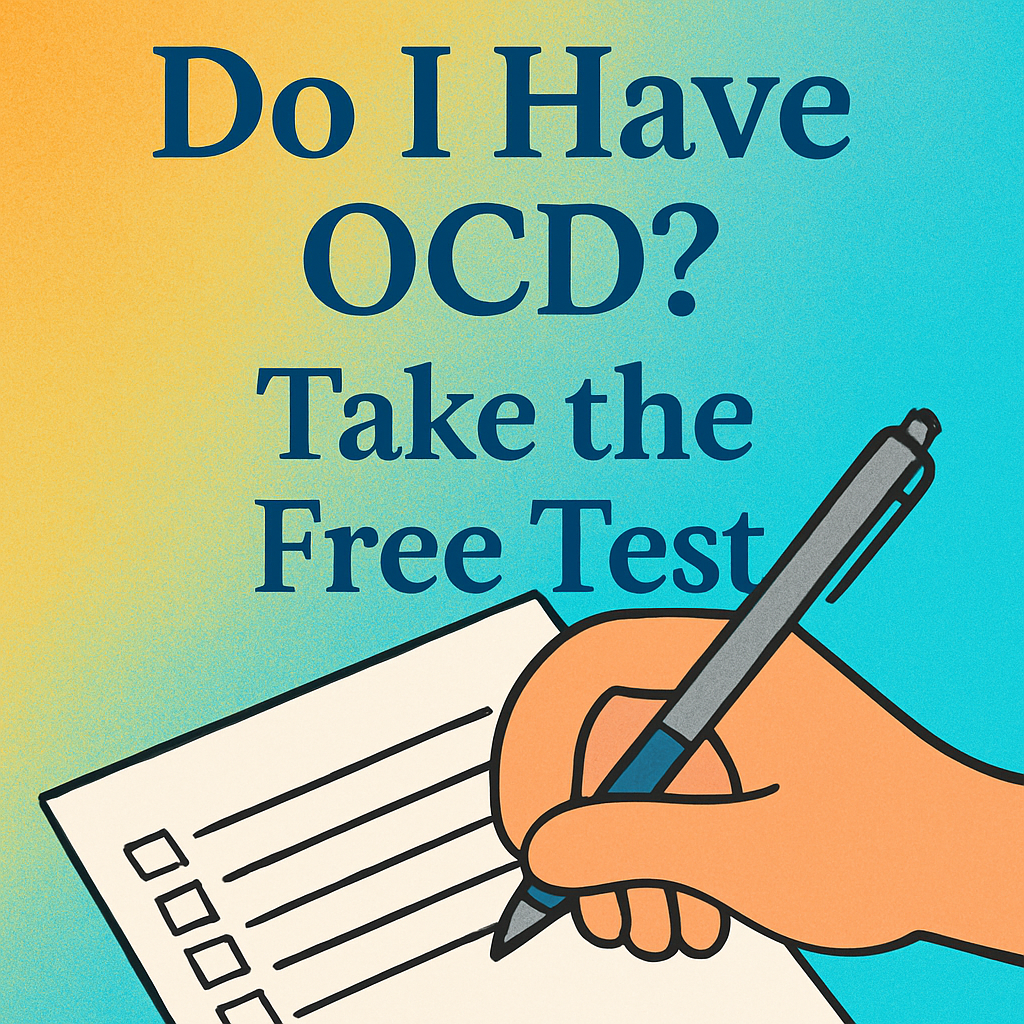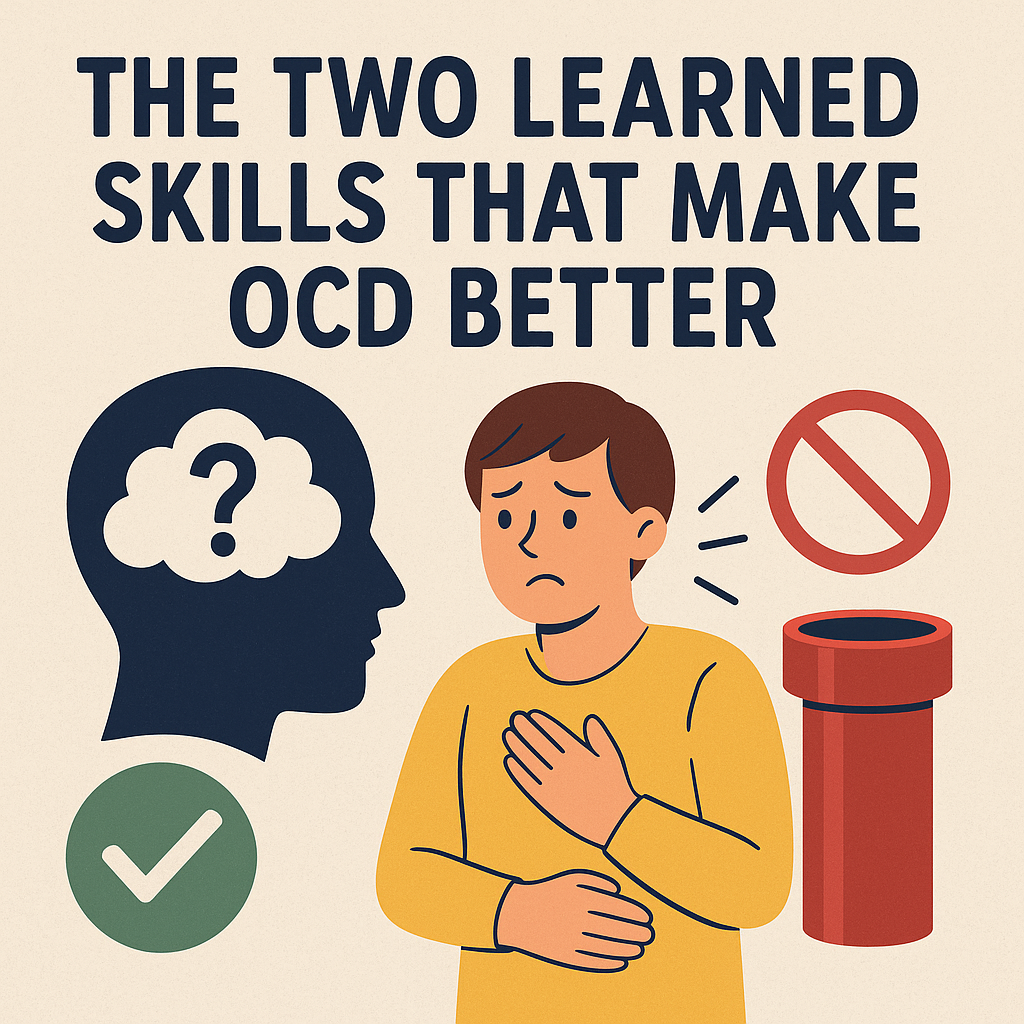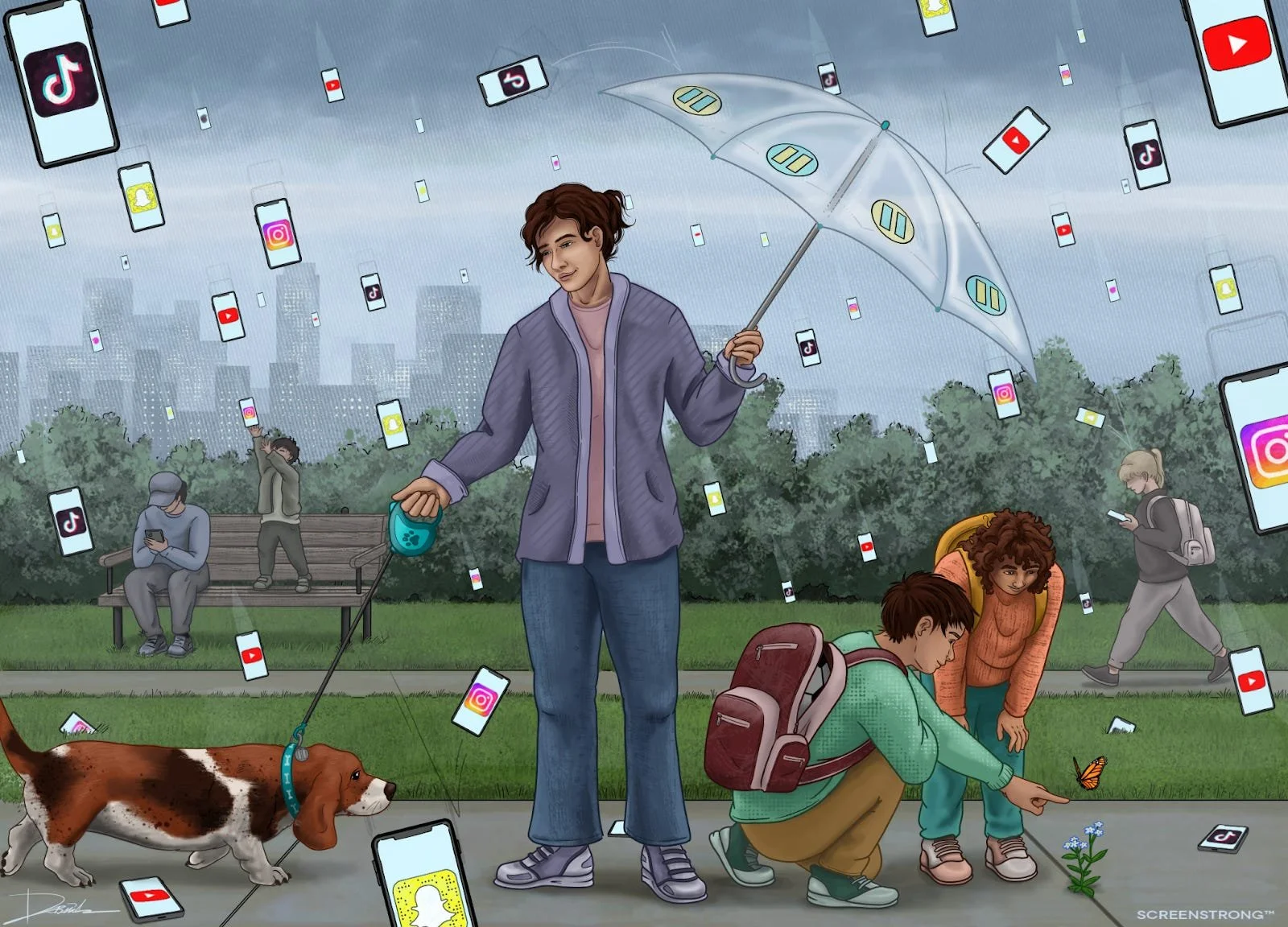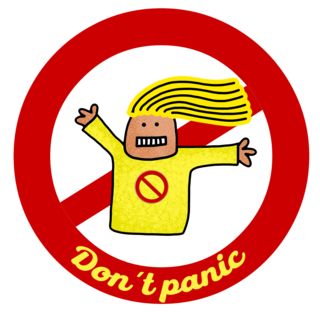
Therapy For Stress & Burnout in Madison, MS
Find Lasting Relief From OCD, Anxiety, Trauma, Stress & Burnout
Counseling for Stress & Burnout in Madison, MS
Tyler Slay is a therapist and Licensed Professional Counselor (LPC) in Madison, Mississippi, specializing in working with individuals who are looking for help with anxiety, stress & burnout, trauma, and OCD. He is an integrative counselor who helps clients reconcile their faith with modern psychology to find lasting healing.
How to Handle Stress & Burnout
If you’re reading this page, then you are probably struggling with something that isn’t quite anxiety or depression, but rather it’s something just short of those diagnoses that you can’t quite put your finger on. In fact, the famous stress researcher Hans Selye described stress as the “nonspecific response of the body to any demand.“ [1] Since stress is nonspecific and infinitely multifaceted, therapists, family members, self-help books, and companies looking to make money off of your need for relief will all tell you something different you need to do to heal.
I’m going to introduce you to a framework that will help you accurately name and address the stressors in your life so you can feel more at rest and be the person you want to be for yourself and for those you love.
What Are the Six Categories of Stress?
There are more stressors than could ever be named, but there are generally six buckets that could hold all of life’s distinct stresses and pains:
Anticipatory Stress/Worry
Time and Performance Stressors
Relational Stressors/Conflict
Conscience Stress
Changes and Losses
Physical - Health and Wellness
We all have stressors from all six of these categories going on at once, but it’s helpful to identify the top two or three that need to be addressed in order for you to begin doing what you can do about them, dealing with the reaction to them, and building hope and perspective that helps you overcome them. Look at each one and answer the question below it to decide which one(s) you resonate with the most.
Anticipatory Stress/Worry
Is most of your stress related to worrying about “what if?” questions about the future, preventing risk, or trying to be certain how things will turn out?
Time and Performance Stressors
Is most of your stress related to feeling like you have to be exceptional or perfect, feeling like there isn’t enough time in the day, or feeling insecure about your abilities at work, school, home, or in social settings?
Relational Stressors/Conflict
Is most of your stress related to a conflictual relationship with your spouse (sometimes there is no conflict, and that can actually be worse), a lack of friendships, a micromanaging boss, or a relationship with your kids or parents that you need to address?
Conscience Stress
Is your stress related to knowing that you have a secret (maybe it’s no secret) habit that needs to be dealt with once and for all, family responsibilities that you need to fulfill to avoid regret later in life, or a calling/gifting that you need to finally pursue?
Changes and Losses
Is your stress related to the pain of a loss that you need to process and grieve? Sometimes that loss is not always a person, but it’s the loss of a situation, place, or stage of life. Have things not turned out the way you wanted them to in life and now you need to do the hard work of figuring out how to make the most of the life you have?
Physical - Health and Wellness
Is your stress related to not making time to take care of yourself physically, struggling with an illness, or engaging in unhealthy habits that don’t allow you to be who you want to be?
Correctly Diagnosing Your Stress
Naming your stressors honestly is important because we often misdiagnose the real issue and miss the real solution. Maybe we work on the physical, hoping it will help us cope with a time and performance stressor. We get tricked into thinking that’s what we needed because it does kind of work. We perform better because we are taking care of ourselves, but that still doesn’t relieve the crushing weight of perfectionism and unrealistic expectations that we really need to address.
The examples of misdiagnosis and trying to compensate for the real problem by strengthening another category could go on and on. We typically need help from others discerning which of these is the crux of the issue.
The Three Buckets of Stress Management
So, how do we address our stressors?
There are three buckets that we need to be working in at all times. This is a holistic, wraparound approach that doesn’t promise that any one solution is a magic bullet. That’s what companies do when they want you to buy a product. A vacation to Disney, a raise, a medicine, or even a certain kind of therapy isn’t the answer to everything.
If you are neglecting any of these buckets, then you likely aren’t fully addressing the stressor.
Deal With the Stressor
Leave the situation behind (if that’s appropriate)
Address it head on
Deal With the Reaction
Build coping skills
Don’t make it worse with poor responses
Gain insight as to why your struggle with this or where the struggle came from
Build Anti-Stress Forces
Get a more balanced, truthful, nuanced perspective on the problem that you can lean on when the stressor arises
What’s your hope if it never goes away or your efforts don’t fix it quickly?
Do you feel confident you can handle it again if it comes back up?
If someone hates their career (often called burnout [2]), how do they work in all three buckets at once?
They can start figuring out how to crunch their budget to accommodate a smaller salary in a career they would like to shift to (Deal With the Stressor). They can engage more in the aspects of their job that bring them joy and purpose in the meantime (Deal with the Reaction). And they can do the hardest but must powerful work that many of us avoid: Deepening their perspective on what their larger, more lasting mission and calling is while they are in that position (Build Anti-Stress Forces).
You could take this approach in many different directions, but the key is that you don’t neglect any of the buckets. Typically, what happens is we try to deal with the stressor and deal with our reaction, but we don’t build anti-stress forces. To build anti-stress forces, we have to focus more on our purpose, our “why,” rather than just the “how.”
The late Christian psychiatrist Dr. Gerald May explains this beautifully in his book Care of Mind/Care of Spirit:
“I have come to view human psychology as the efficiency of one’s functioning, and human spirituality as the dynamic process of love in one’s life….In short, efficiency is the how of life; love is the why. These are not the same things and there is danger in confusing them.”
We have to work on efficiency, which is how we deal with the problem, yes. But more importantly and often neglected, we also have to do conscious work on our why, our reason for being here and our hope if our efforts at efficiency inevitably don’t create a life that is exactly as we had hoped.
If you lean too far towards one bucket or the other and neglect the others, you likely won’t address the stressor in a way that brings the best possible chance at contentment. I’ve seen those who lean into the Anti-Stress Force of prayer while neglecting the Deal With the Stressor bucket of addressing recurring issues. Younger generations like mine that have been more influenced by secularism lean on the Deal With the Stressor and Deal With the Reaction buckets while ignoring the Anti-Stress Force bucket due to cynicism.
The best possible solution comes from combining all three buckets aimed at your primary stressors. Doing this well requires a first step of sitting down with pen and paper and starting to journal about your stressors and what you’ve done about them. Then, if you really want to take them on, it helps to find someone who can help you discern the best possible path forward to help you find contentment and become the person you know you could be.
References
[2] “Burnout” was defined in 1974 by German American psychologist Herbert Freudenberger as being, “exhausted by making extreme demands on energy, strength, or resources” which causes one to be ineffective. https://www.theatlantic.com/ideas/archive/2023/09/burnout-work-life-balance-management/675394/
Ready to Get Started?
I have been where you are, searching for a therapist and feeling uncertain if they will actually be helpful or not. I want you to feel good about making the anxiety-inducing decision to reach out for help.
I have been married for 10 years and have children of my own. We are members of Bellwether Church in Jackson, MS. I have a bachelor’s in nursing and a master’s in counseling and human development. That being said, religion does not have to be part of the counseling process if you don't want it to be. I'll meet you where you are.
Feel free to reach out with questions via my form below or by calling 601-790-0250. Please leave a voicemail if I cannot answer. I look forward to hearing from you.
I offer therapy here at my office in Madison, MS at 212 Key Drive (Located at The Center for Hope and Healing at Broadmoor) and throughout the state of Mississippi online via a secure telehealth platform.
Have more questions about me, my approach, or counseling costs? Click here to read more.
Let’s Build Your Personalized Plan For Lasting Relief
Book a Free Consultation
1
We’ll talk about what’s been holding you back and see if we’re a good fit.
Get a Personalized Plan
I’ll create a strategy tailored to your unique struggles with anxiety, OCD, or trauma.
2
Start Feeling Better
3
You’ll find relief and start feeling like yourself again.
Take the First Step toward lasting recovery. Book your appointment today.
**Important Notice: Email addresses, forms, or phone numbers listed on this website are Not Monitored for emergencies, crises, or urgent situations.If you are experiencing thoughts of suicide, in a crisis, or require immediate mental health assistance, it is imperative that you seek help immediately.For immediate support in the United States, please contact the National Suicide Prevention Lifeline at 1-800-273-TALK (1-800-273-8255). Trained professionals are available 24/7 to provide confidential and compassionate assistance.In a life-threatening emergency, please call your local emergency services or go to the nearest emergency room without delay.Accepting These Major Insurances.
Contact Me for Sliding Scale Rates.
I offer counseling both online and in-person
Not Sure Where to Start? Download My Free Guide on Understanding Anxiety and OCD.
Break the Cycle: A Simple Guide to Reducing Anxiety This Week
I may also send you occasional emails with helpful information. But don’t worry, I won’t fill up your inbox. You can unsubscribe anytime.






























